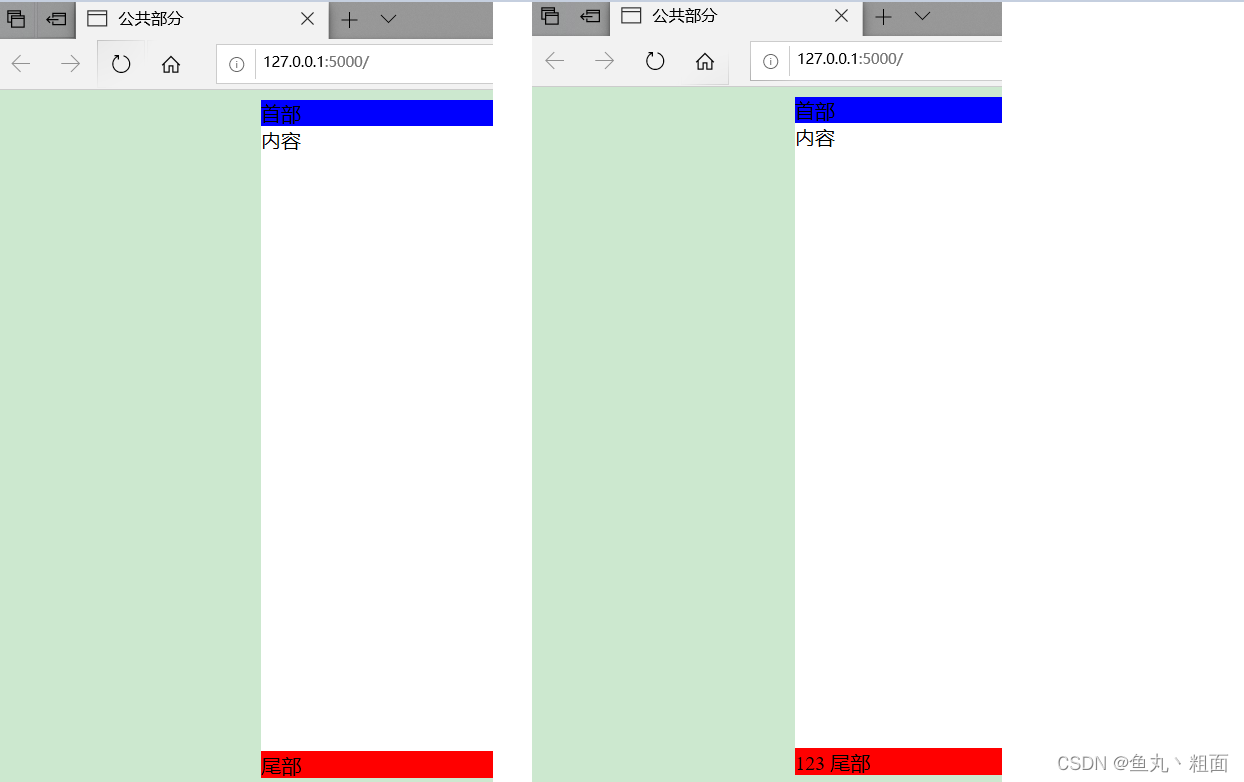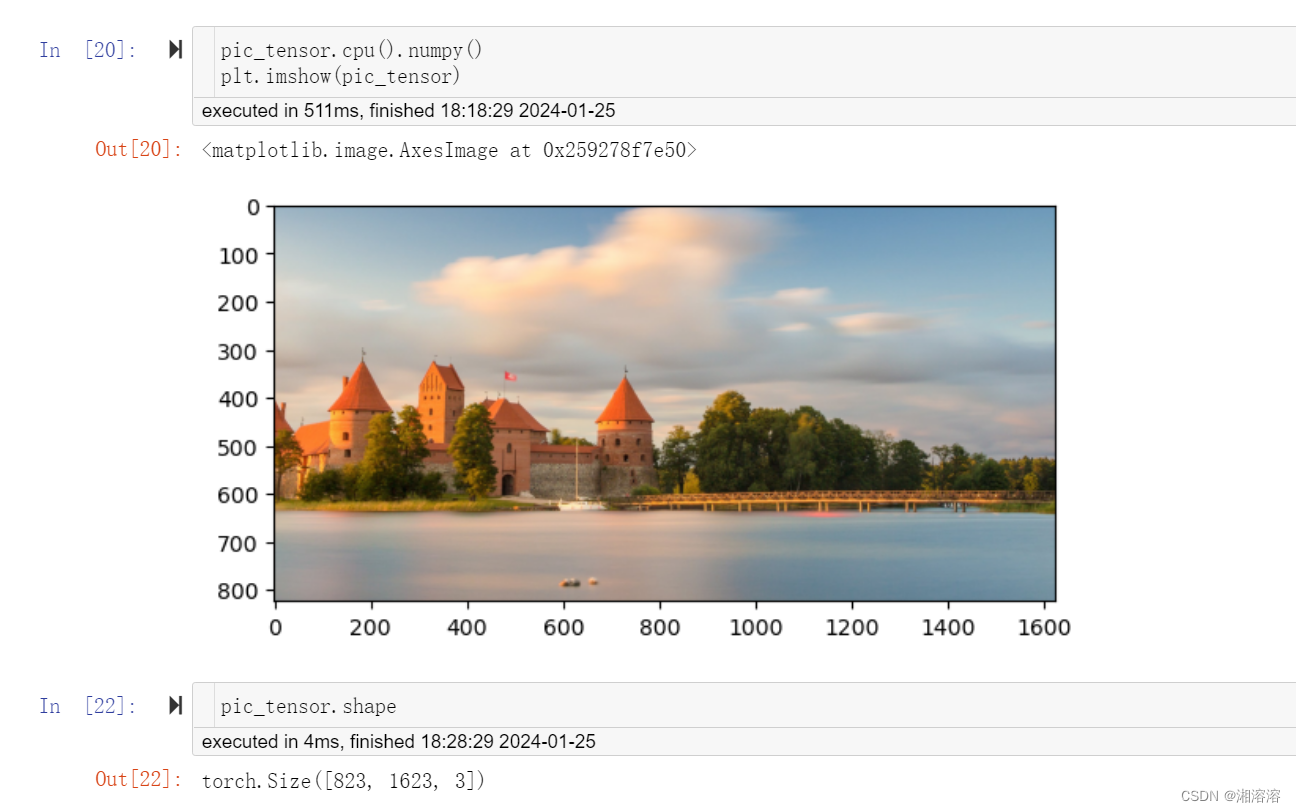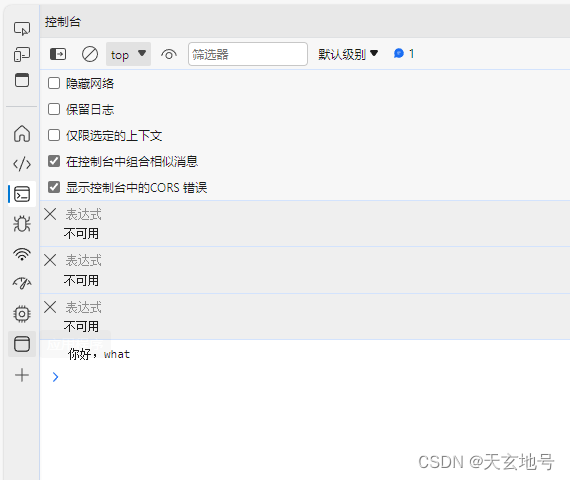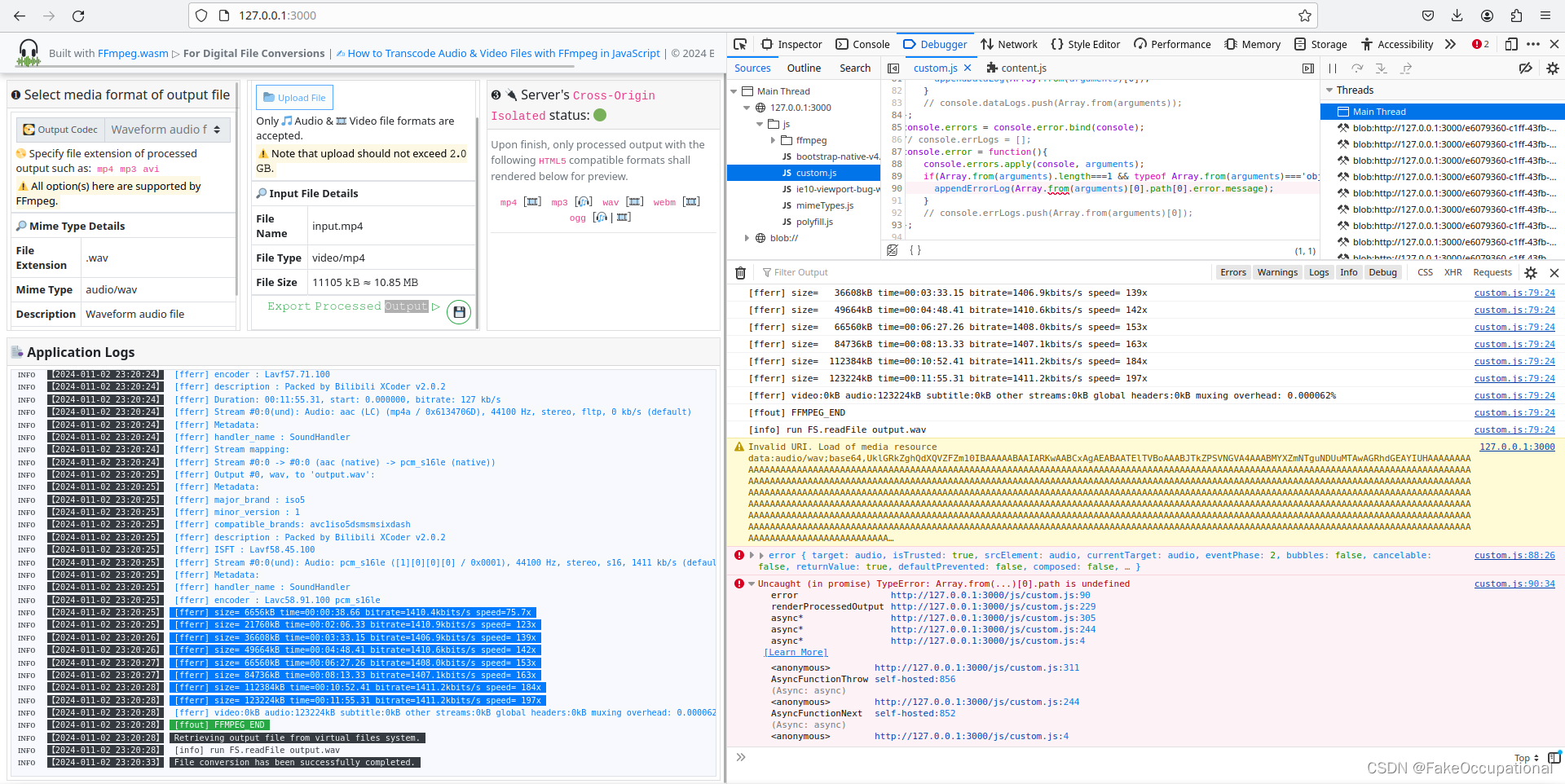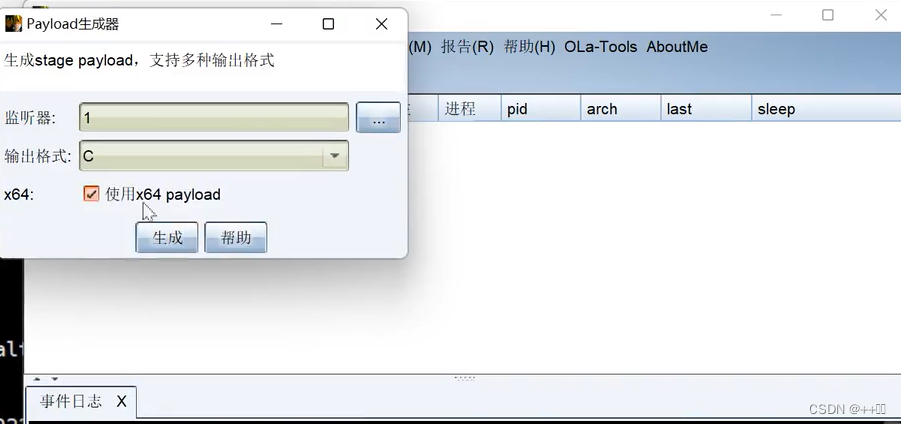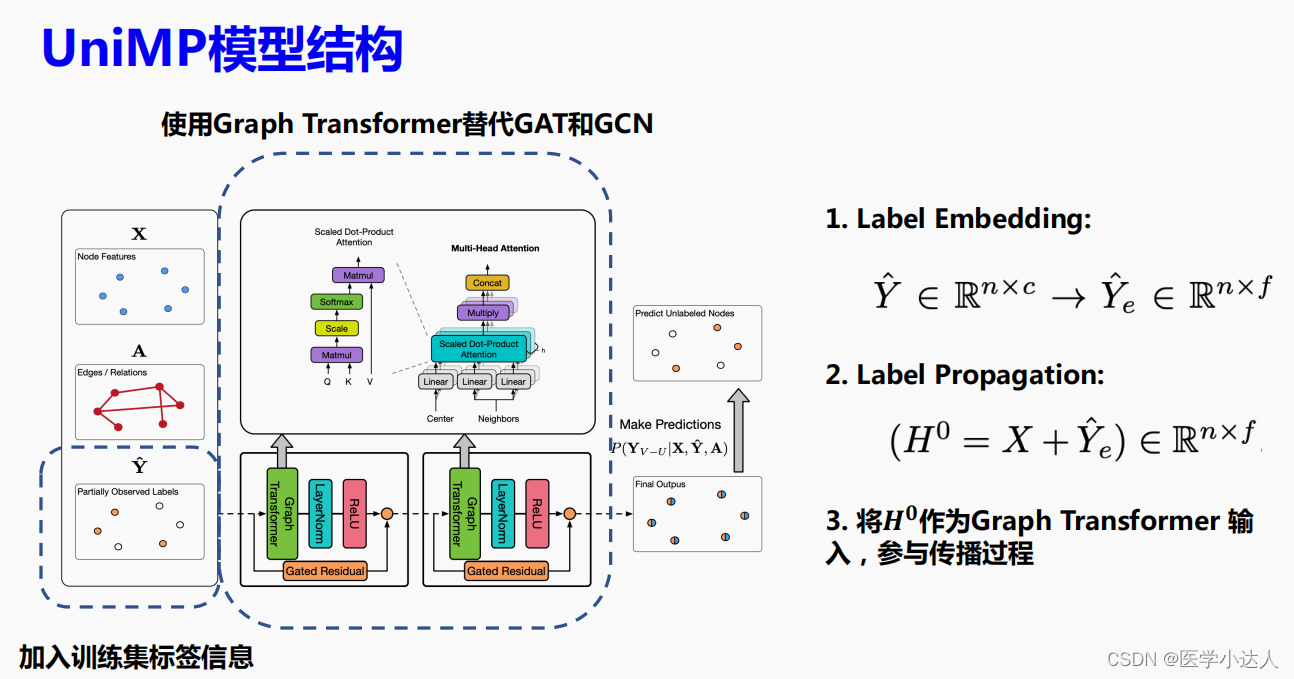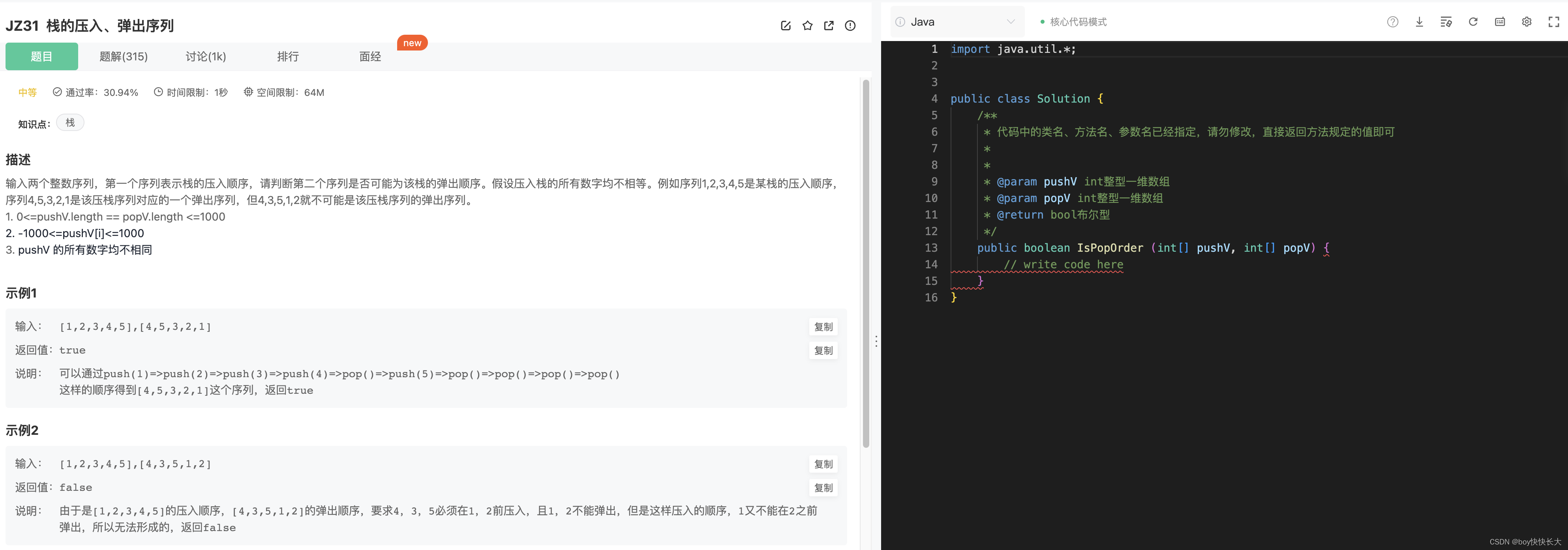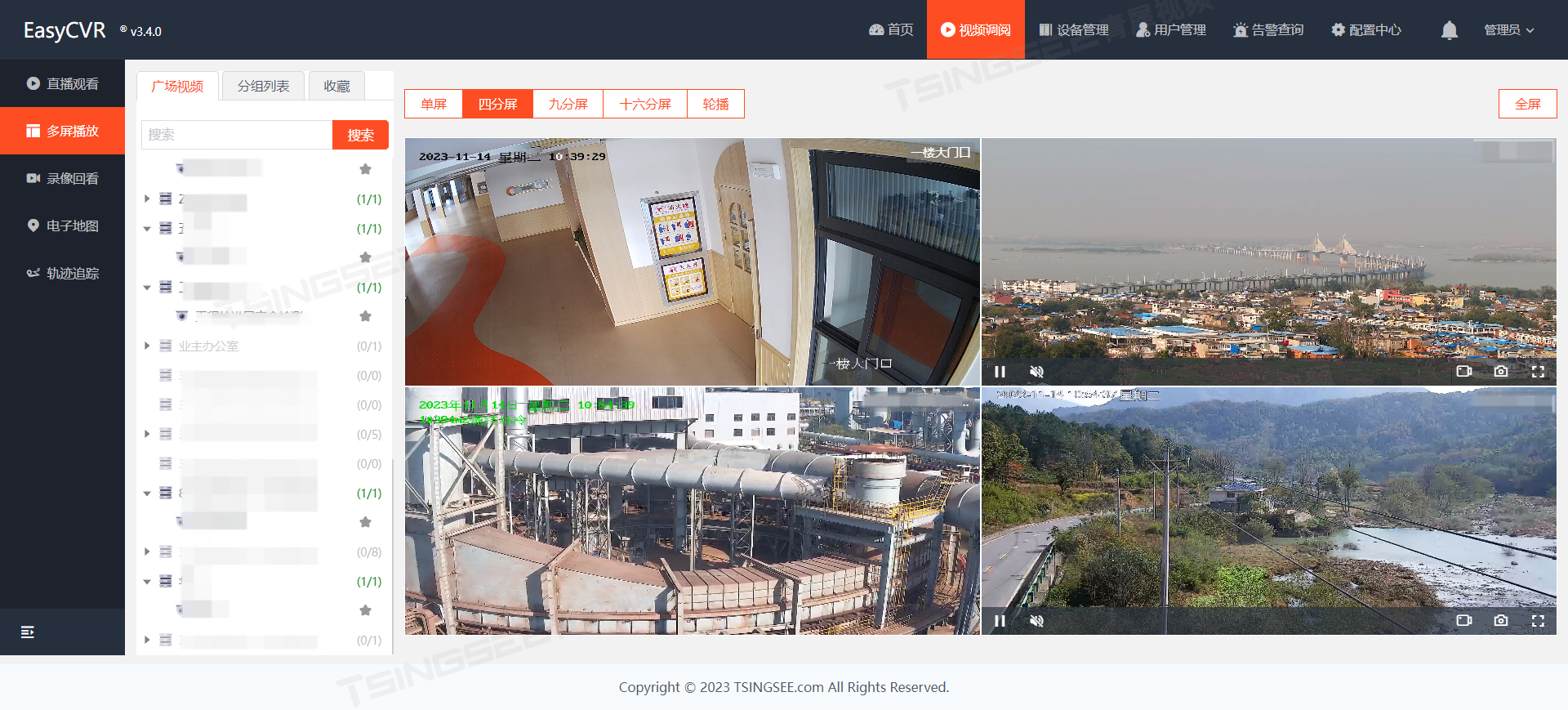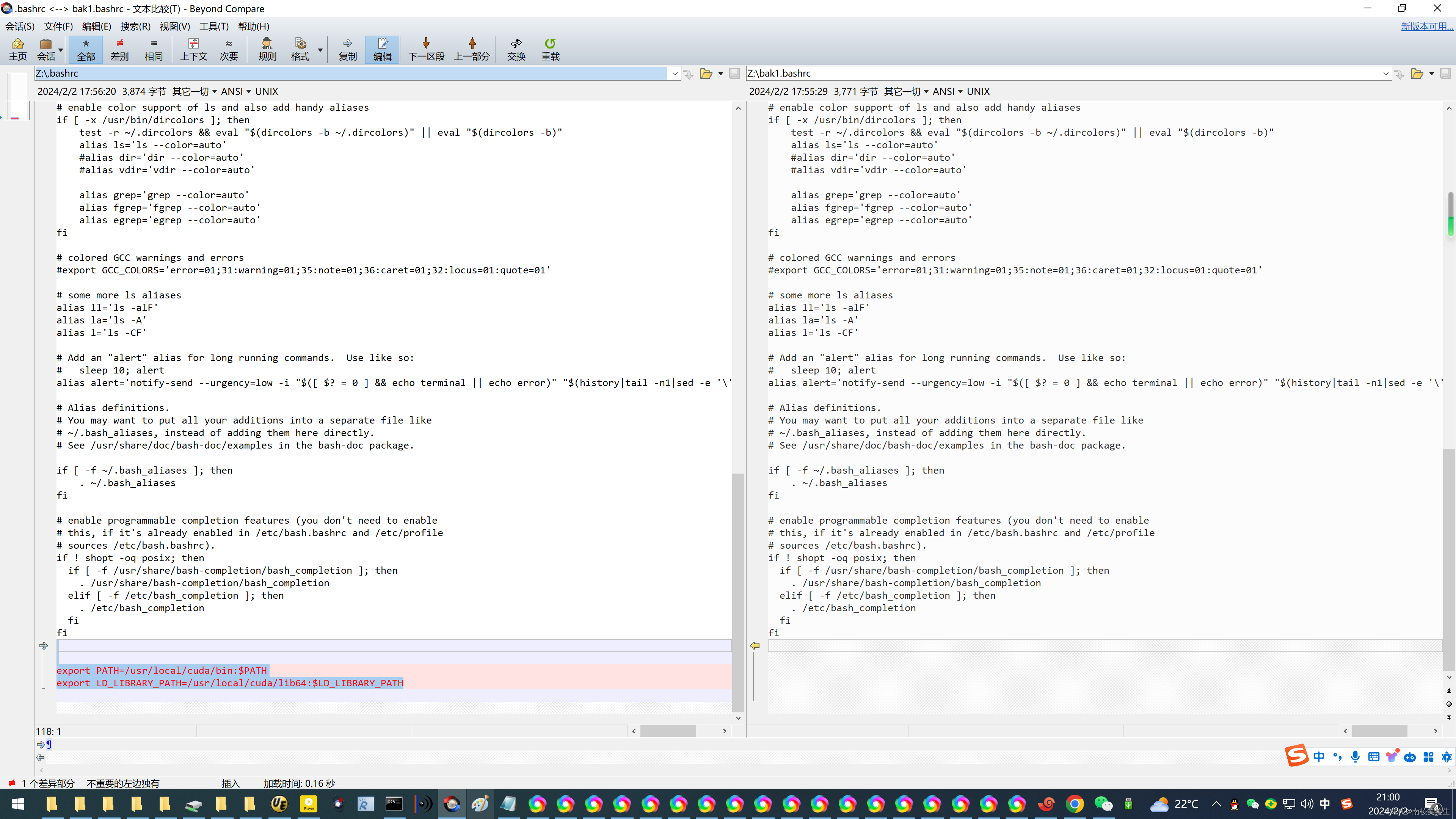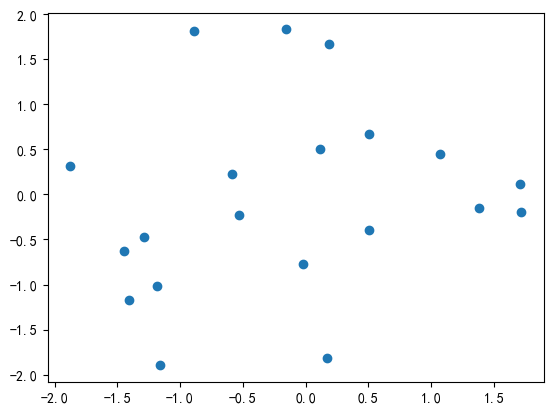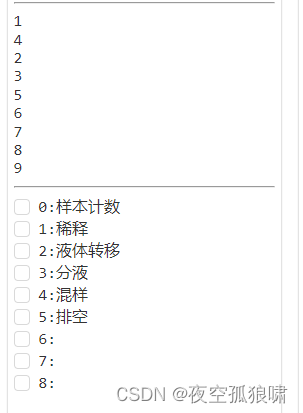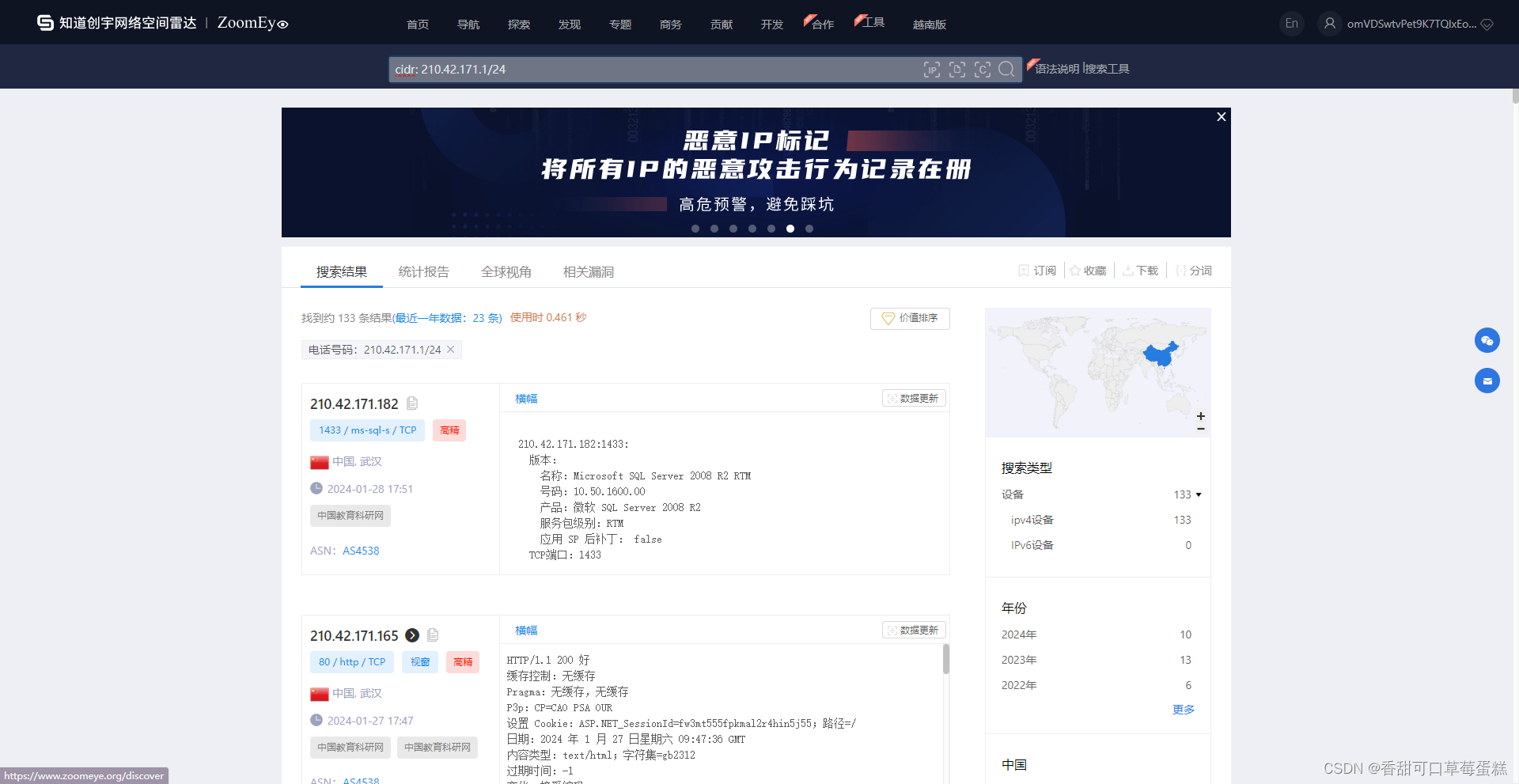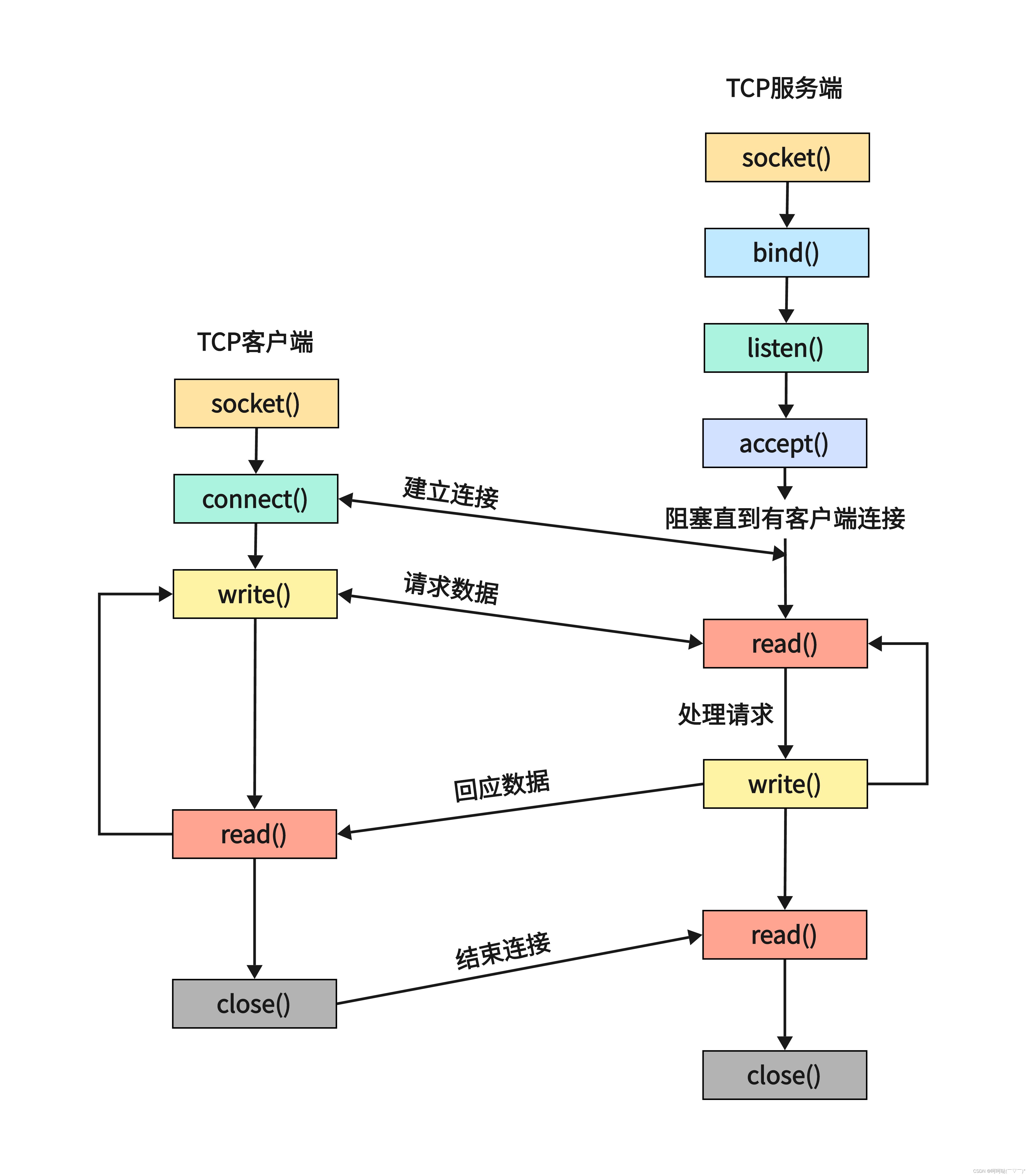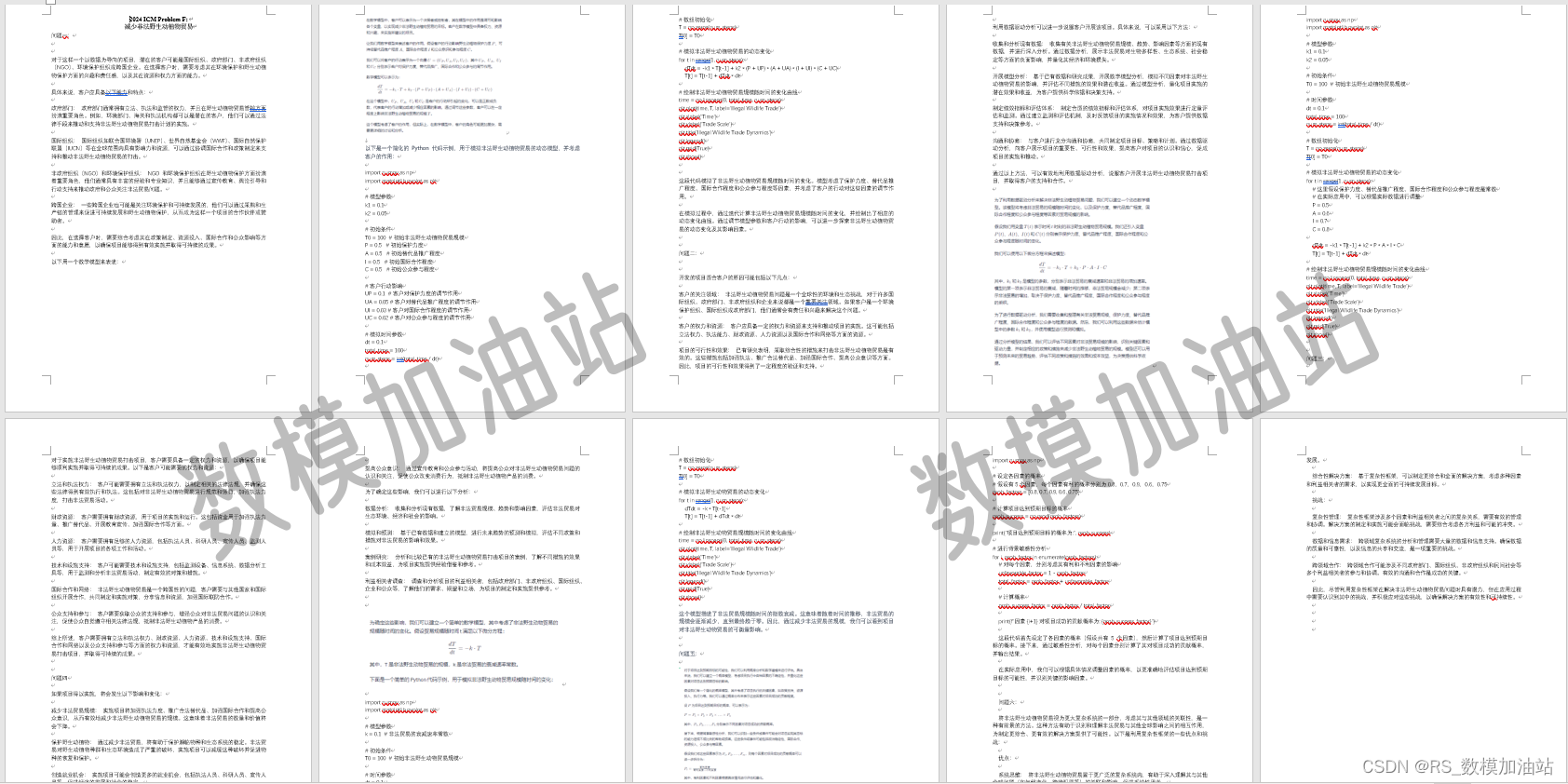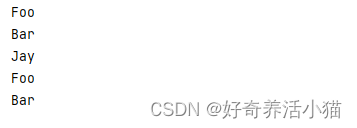list.c

一、链表初始化
void vListInitialise( List_t * const pxList )
{
pxList->pxIndex = ( ListItem_t * ) &( pxList->xListEnd );
listSET_FIRST_LIST_ITEM_INTEGRITY_CHECK_VALUE( &( pxList->xListEnd ) );
pxList->xListEnd.xItemValue = portMAX_DELAY;
pxList->xListEnd.pxNext = ( ListItem_t * ) &( pxList->xListEnd );
pxList->xListEnd.pxPrevious = ( ListItem_t * ) &( pxList->xListEnd );
#if ( configUSE_MINI_LIST_ITEM == 0 )
{
pxList->xListEnd.pvOwner = NULL;
pxList->xListEnd.pxContainer = NULL;
listSET_SECOND_LIST_ITEM_INTEGRITY_CHECK_VALUE( &( pxList->xListEnd ) );
}
#endif
pxList->uxNumberOfItems = ( UBaseType_t ) 0U;
listSET_LIST_INTEGRITY_CHECK_1_VALUE( pxList );
listSET_LIST_INTEGRITY_CHECK_2_VALUE( pxList );
}
分解
pxList->pxIndex 指向结构中的xListEnd结构体
pxList->pxIndex = ( ListItem_t * ) &( pxList->xListEnd );
校验
#if ( configUSE_LIST_DATA_INTEGRITY_CHECK_BYTES == 0 )
#define listSET_FIRST_LIST_ITEM_INTEGRITY_CHECK_VALUE( pxItem )
#define listSET_SECOND_LIST_ITEM_INTEGRITY_CHECK_VALUE( pxItem )
#define listSET_LIST_INTEGRITY_CHECK_1_VALUE( pxList )
#define listSET_LIST_INTEGRITY_CHECK_2_VALUE( pxList )
#else
#define listSET_FIRST_LIST_ITEM_INTEGRITY_CHECK_VALUE( pxItem ) ( pxItem )->xListItemIntegrityValue1 = pdINTEGRITY_CHECK_VALUE
#define listSET_SECOND_LIST_ITEM_INTEGRITY_CHECK_VALUE( pxItem ) ( pxItem )->xListItemIntegrityValue2 = pdINTEGRITY_CHECK_VALUE
#define listSET_LIST_INTEGRITY_CHECK_1_VALUE( pxList ) ( pxList )->xListIntegrityValue1 = pdINTEGRITY_CHECK_VALUE
#define listSET_LIST_INTEGRITY_CHECK_2_VALUE( pxList ) ( pxList )->xListIntegrityValue2 = pdINTEGRITY_CHECK_VALUE
#endif
验验数值 5a
#if ( configUSE_16_BIT_TICKS == 1 )
#define pdINTEGRITY_CHECK_VALUE 0x5a5a
#else
#define pdINTEGRITY_CHECK_VALUE 0x5a5a5a5aUL
#endif
portMAX_DELAY数值
#if( configUSE_16_BIT_TICKS == 1 )
typedef uint16_t TickType_t;
#define portMAX_DELAY ( TickType_t ) 0xffff
#else
typedef uint32_t TickType_t;
#define portMAX_DELAY ( TickType_t ) 0xffffffffUL
#endif
往下
pxList->xListEnd.pxNext = ( ListItem_t * ) &( pxList->xListEnd );
pxList->xListEnd.pxPrevious = ( ListItem_t * ) &( pxList->xListEnd );
链表结构中xListEnd结构体的前后表项指针匀指向xListEnd
pxList->uxNumberOfItems = ( UBaseType_t ) 0U;
表项个数设为零
二、表项初始化
void vListInitialiseItem( ListItem_t * const pxItem )
{
pxItem->pxContainer = NULL;
listSET_FIRST_LIST_ITEM_INTEGRITY_CHECK_VALUE( pxItem );
listSET_SECOND_LIST_ITEM_INTEGRITY_CHECK_VALUE( pxItem );
}
三、表尾插入表项
void vListInsertEnd( List_t * const pxList,
ListItem_t * const pxNewListItem )
{
ListItem_t * const pxIndex = pxList->pxIndex;
listTEST_LIST_INTEGRITY( pxList );
listTEST_LIST_ITEM_INTEGRITY( pxNewListItem );
pxNewListItem->pxNext = pxIndex;
pxNewListItem->pxPrevious = pxIndex->pxPrevious;
mtCOVERAGE_TEST_DELAY();
pxIndex->pxPrevious->pxNext = pxNewListItem;
pxIndex->pxPrevious = pxNewListItem;
pxNewListItem->pxContainer = pxList;
( pxList->uxNumberOfItems )++;
}
由于初始化时,索引指向了链表内xListEnd结构体,初次插入表项时,连同链表内表项一同插入链表。
ListItem_t * const pxIndex = pxList->pxIndex;
检测校验
#if ( configUSE_LIST_DATA_INTEGRITY_CHECK_BYTES == 0 )
#define listSET_LIST_INTEGRITY_CHECK_1_VALUE( pxList )
#define listSET_LIST_INTEGRITY_CHECK_2_VALUE( pxList )
#define listTEST_LIST_ITEM_INTEGRITY( pxItem )
#define listTEST_LIST_INTEGRITY( pxList )
#else
#define listSET_LIST_INTEGRITY_CHECK_2_VALUE( pxList ) \
( pxList )->xListIntegrityValue2 = pdINTEGRITY_CHECK_VALUE
#define listTEST_LIST_ITEM_INTEGRITY( pxItem ) \
configASSERT( ( ( pxItem )->xListItemIntegrityValue1 == pdINTEGRITY_CHECK_VALUE ) && ( ( pxItem )->xListItemIntegrityValue2 == pdINTEGRITY_CHECK_VALUE ) )
#define listTEST_LIST_INTEGRITY( pxList ) \
configASSERT( ( ( pxList )->xListIntegrityValue1 == pdINTEGRITY_CHECK_VALUE ) && ( ( pxList )->xListIntegrityValue2 == pdINTEGRITY_CHECK_VALUE ) )
#endif
mtCOVERAGE_TEST_DELAY,代码覆盖路径测试 展开为空 检测用
#ifndef mtCOVERAGE_TEST_DELAY
#define mtCOVERAGE_TEST_DELAY()
#endif
指针操作,表项插入在当前链表表项索引之前。
pxNewListItem->pxNext = pxIndex;
pxNewListItem->pxPrevious = pxIndex->pxPrevious;
pxIndex->pxPrevious->pxNext = pxNewListItem;
pxIndex->pxPrevious = pxNewListItem;
设链表为当前表项Container,并增加表项数目。
pxNewListItem->pxContainer = pxList;
( pxList->uxNumberOfItems )++;
四、插入表项
依据表项的xItemValue数值,插入表项,若数值相等插入相等值之后。
void vListInsert( List_t * const pxList,
ListItem_t * const pxNewListItem )
{
ListItem_t * pxIterator;
const TickType_t xValueOfInsertion = pxNewListItem->xItemValue;
listTEST_LIST_INTEGRITY( pxList );
listTEST_LIST_ITEM_INTEGRITY( pxNewListItem );
if( xValueOfInsertion == portMAX_DELAY )
{
pxIterator = pxList->xListEnd.pxPrevious;
}
else
{
for( pxIterator = ( ListItem_t * ) &( pxList->xListEnd ); pxIterator->pxNext->xItemValue <= xValueOfInsertion; pxIterator = pxIterator- >pxNext )
{
}
}
pxNewListItem->pxNext = pxIterator->pxNext;
pxNewListItem->pxNext->pxPrevious = pxNewListItem;
pxNewListItem->pxPrevious = pxIterator;
pxIterator->pxNext = pxNewListItem;
pxNewListItem->pxContainer = pxList;
( pxList->uxNumberOfItems )++;
}
五、删除表项
UBaseType_t uxListRemove( ListItem_t * const pxItemToRemove )
{
List_t * const pxList = pxItemToRemove->pxContainer;
pxItemToRemove->pxNext->pxPrevious = pxItemToRemove->pxPrevious;
pxItemToRemove->pxPrevious->pxNext = pxItemToRemove->pxNext;
mtCOVERAGE_TEST_DELAY();
if( pxList->pxIndex == pxItemToRemove )
{
pxList->pxIndex = pxItemToRemove->pxPrevious;
}
else
{
mtCOVERAGE_TEST_MARKER();
}
pxItemToRemove->pxContainer = NULL;
( pxList->uxNumberOfItems )--;
return pxList->uxNumberOfItems;
}
分解
表项pxContainer指针为当前拥有者链表。
List_t * const pxList = pxItemToRemove->pxContainer;
若移除表项为当前索引,当前索引前移。
if( pxList->pxIndex == pxItemToRemove )
{
pxList->pxIndex = pxItemToRemove->pxPrevious;
}
代码覆盖路径测试 检测用
mtCOVERAGE_TEST_MARKER();
表项数目减一,返回表项数目。
( pxList->uxNumberOfItems )--;
return pxList->uxNumberOfItems;
